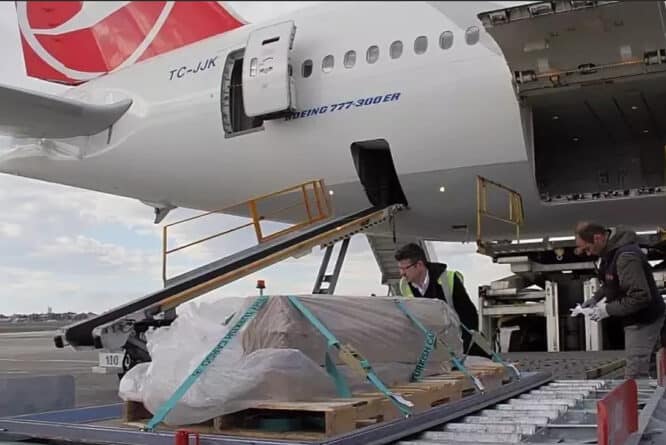
Ritual services traditionally offered during funerals and farewell ceremonies are increasingly undergoing changes reflecting the evolution of modern society. Today, the industry is actively adapting to new demands and expectations, offering innovative and personalized approaches to remembering the departed.
Key innovations in the field of funeral services
One of the main trends in funeral services has been the desire for individualization and taking into account the characteristics of each deceased. Traditional funerals with ready-made scripts and formats are giving way to more flexible and personalized ceremonies that better reflect the life and achievements of the deceased. Funeral service companies offer a wide range of options to allow families and loved ones to create a memorable ceremony.
Along with the individualization of rituals, the inclusion of new technologies in the farewell process has become widespread. Projections of photo and video materials, digital albums and video montages, as well as live broadcasts of ceremonies for remote guests have become an integral part of modern funerals. Such innovations create a more inclusive atmosphere that emphasizes the significance of the memory of the deceased, allowing loved ones to express their feelings and respect.
Great attention is also being paid to the environmental side of funeral services in response to growing interest in caring for the environment.
Great attention is also being paid to the environmental side of funeral services in response to growing interest in caring for the environment.


Cargo transportation 200
Taking into account the current political situation, the topic of transportation of cargo 200 is relevant today. This service in the field of funeral services is in demand.
The term “cargo 200” is used in a number of countries, including Russia, to refer to the transportation of a body a soldier who died during a military conflict. The number 200 corresponds to the code assigned to such transport in the classification of goods used in the rail and road transport system.
When such transportation is to be carried out, the cargo 200 is pre-prepared for transportation. This operation is of particular importance and requires strict adherence to protocols and procedures, including respect for the deceased, security and confidentiality. In essence, this service is the transportation of the body of a deceased military man from the place of his death to the place of funeral or delivery to relatives. Currently, 200 goods are transported by road or rail.
Road transport is the most common mode of transportation (especially over short distances within the same city or region). Vehicles equipped with specialized containers or beds are used to ensure dignified and safe transportation of the deceased.
Rail transport is also widely used to transport cargo 200, but over long distances. Special carriages designed for transporting the bodies of the deceased ensure the safety and confidentiality of the process. Rail transport may be preferable for long distances or border crossings.
In some cases where international transport of cargo 200 is necessary, air transport is used. However, such cases are usually rare and involve special circumstances or urgency of delivery.
It is important to note that the specific method of transportation may vary depending on the region, available resources and the preferences of the decedent's family. The main goal of such a service is to ensure a dignified, respectful attitude towards the deceased and support for his loved ones.